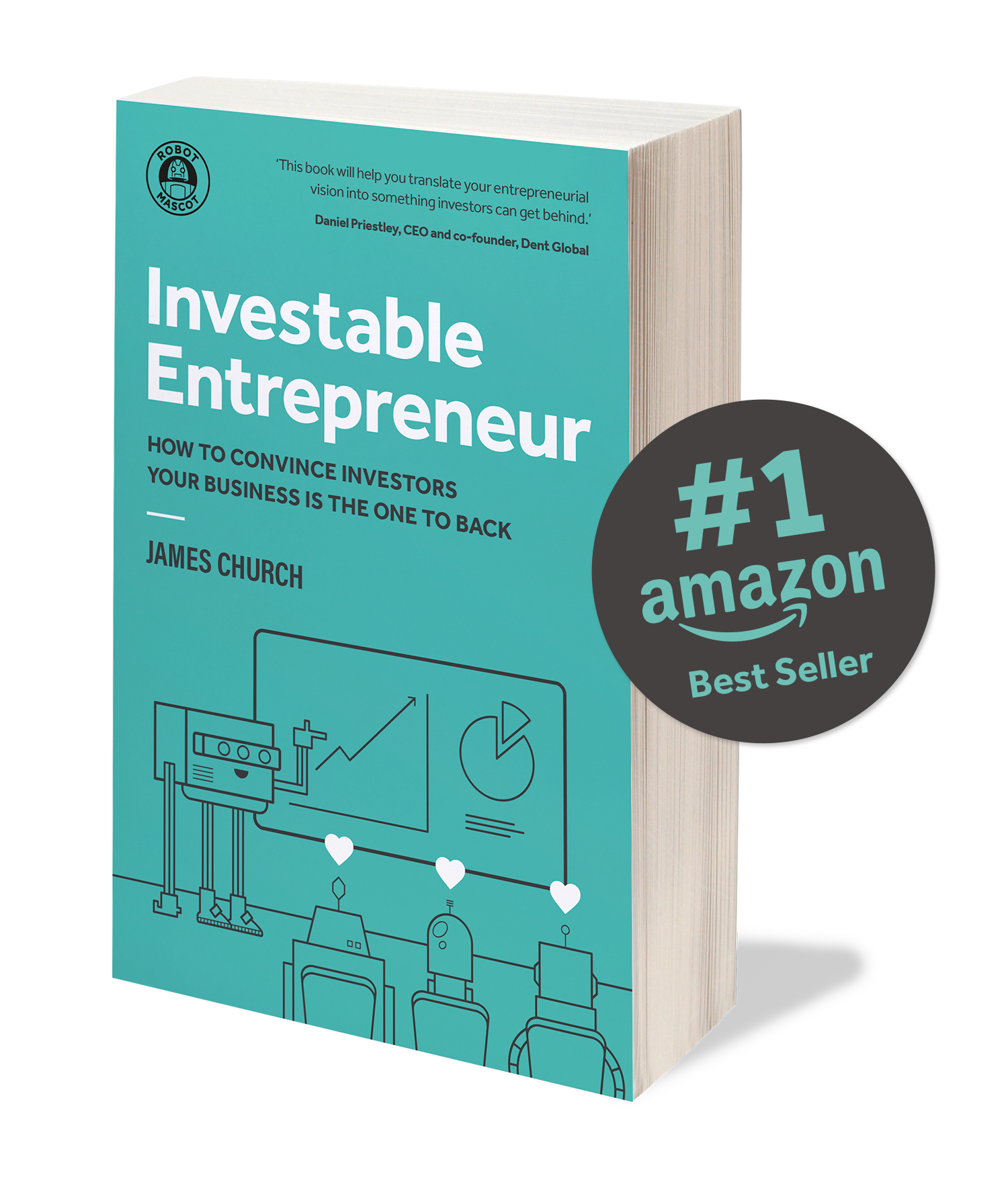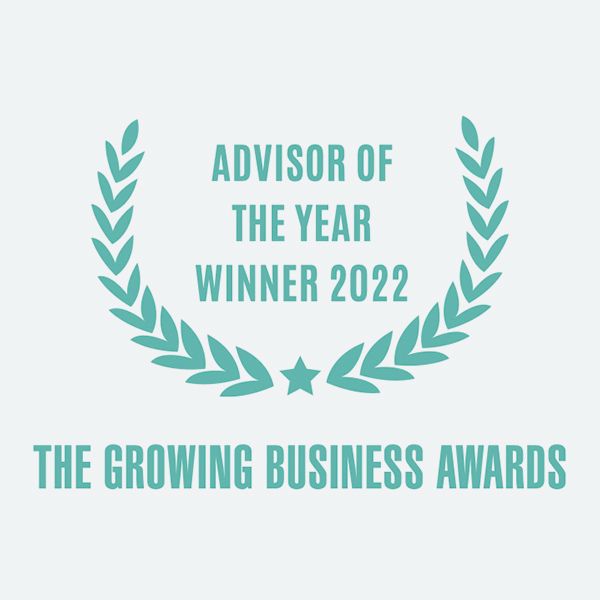

14 Questions You Should Ask Investors Before Taking Their Money
14th September 2023
As entrepreneurs, we often find ourselves at crossroads where we need more than just a brilliant idea to turn our dreams into reality. This is where investors come into play, injecting the much-needed fuel into our startups to help them flourish.
But not all investors are created equal, and aligning your venture with the right one requires more than just a financial transaction. At Robot Mascot, we understand the challenges you face in this delicate process, and we’re here to be your compass, guiding you through the intricacies of investor relationships.
Navigating the investor landscape
Imagine you’re on a ship embarking on a long journey. Your destination is clear, but the waters are treacherous. Investors are like fellow sailors – some offer steady hands, vast knowledge, and unwavering support, while others might steer you off course.
The challenge lies in deciphering which investor will be your guiding star and which might lead you astray. It’s more than just about the money; it’s about finding a partner who shares your vision and can help steer your ship through uncharted waters.
Related: Exploring the Mind of a Founder: Why Investors Want to Understand Your Strategic Thinking
14 essential questions to ask investors
To help you make informed decisions, we’ve put together a comprehensive list of 14 questions that can serve as your navigational tools in the investor landscape:
1. What is their expected level of involvement?
While some investors prefer to be hands-off, others seek an active role. Determine if their approach aligns with your needs and preferences.
2. What value do they bring beyond capital?
Investors should offer more than just funds. Look for those who can provide mentorship, connections, and strategic guidance that align with your business goals.
3. What is the typical check size of their investments?
Your funding needs should match their capacity. Don’t waste time on investors who can’t meet your financial requirements.
4. Would they lead a round of investment?
A lead investor can attract more funding. Gauge their willingness to take on this role.
5. What is their investment timeline and exit strategy preferences?
Ensure their plans align with your long-term goals, whether it’s a quick exit or a patient journey.
6. Can they provide references from entrepreneurs they’ve invested in?
Speaking to peers who’ve been in your shoes can offer invaluable insights into the investor’s working style and contributions.
7. How do they handle conflicts with founders?
In stormy seas, conflicts are inevitable. Understanding their conflict resolution approach is crucial for a harmonious journey.
8. What are their expectations regarding returns timescales?
Matching timelines ensures you’re both on the same page about your startup’s growth trajectory.
9. Can they share examples of supporting challenged portfolio companies?
Their past actions speak volumes. Learn how they navigate turbulence and support struggling businesses.
10. Do they have specific expectations on board representation?
Clarify if they want a seat at the table and how involved they expect to be in decision-making.
11. How do they approach valuation and deal terms?
Negotiation can be stormy waters. Gauge their willingness to find common ground on valuations and terms.
12. Are they open to follow-on investments?
Consider long-term commitment. A supportive investor is a partner throughout your journey, not just at the beginning.
13. What is their communication style and frequency expectation?
Smooth communication is vital. Ensure you’re aligned on updates and preferred communication channels.
14. Can they facilitate synergies or partnerships for your business?
Connections can open new horizons. Explore potential collaborations in their network.
Why investor in due diligence matters
As a founder, your startup is more than just a business; it’s your dream, your passion, and your future. Just as you wouldn’t rush into a major life decision without careful consideration, diving into an investor relationship without due diligence can lead to unexpected storms. Here’s why conducting investor due diligence is crucial:
1. Alignment of values
Your startup reflects your values and mission. Ensuring that your investor shares these values can prevent future conflicts and misunderstandings. A misaligned partnership can lead to clashes in decision-making and direction, ultimately steering your venture off-course.
2. Long-Term partnership
Think of your investor as a long-term partner. You wouldn’t board a ship with a crew you don’t trust, and the same applies to investors. Conducting due diligence helps you uncover whether an investor’s commitment extends beyond financial gain, ensuring they’ll weather the storms alongside you.
3. Mitigating risk
Just as a sailor studies charts for hidden reefs, you need to identify any potential red flags in an investor’s history. Are they known for sudden pullouts or changing terms unexpectedly? Thorough due diligence minimises the risk of unpleasant surprises down the line.
4. Reputation matters
Your reputation is tied to your startup’s success. An investor’s reputation can impact yours. By researching their previous investments and interactions with other founders, you can gain insights into their professionalism, reliability, and ethics.
Why founders should never skip investor due diligence
Now imagine you’re embarking on this voyage of entrepreneurship without first checking your navigation instruments. The result? You’re sailing blindfolded, without the tools to steer clear of dangers or seize opportunities. Skipping due diligence on an investor is akin to navigating blindly, and the consequences can be dire:
1. Micro management
Without proper research, you might unknowingly bring an investor on board who seeks excessive control or influence. This can stifle your creativity and autonomy, leading to a tumultuous journey.
2. Unrealised expectations
Imagine sailing toward a distant shore, only to find it’s not what you envisioned. An investor who doesn’t align with your expectations can steer your venture off-course, resulting in missed opportunities and unmet goals.
3. Financial surprises
Just as a hidden rock can damage your vessel, hidden financial terms can damage your business. Without due diligence, you might agree to terms that are unfavorable or unsustainable for your startup on the longer-term.
4. Reputation risk
The business world is interconnected. An investor with a dubious reputation can tarnish your startup’s image. Without proper research, you risk being associated with unethical practices or failed ventures.
Final Thoughts
We understand that finding the right investor isn’t just a transaction; it’s a partnership that can shape the trajectory of your startup. By asking these 14 essential questions, you’re not just interviewing potential investors; you’re ensuring your success story is written in collaboration with a partner who shares your vision.
So, whether you’re a first-time founder or a seasoned entrepreneur, keep these questions in your arsenal. With each question, you’re not just gathering information; you’re building a bridge of understanding between you and your potential investor. This bridge is what will carry you over the challenges, uncertainties, and triumphs that lie ahead.
If you would like to learn more about raising investment, join our free 90-minute fundraising strategy session. You can get your free ticket here.
UP NEXT:
Important Questions Investors Ask and How Startups Can Answer
Business Plans for Investors – Less Is More
What Is My Startup Valuation, and How Do I Justify It to Investors?
How To Value A Business
Investable Entrepreneur takes you through our winning methodology – the process we use to increase our client’s chances of raising investment by more than 30x.
“This book will help you translate your entrepreneurial vision into something investors can get behind.”
Daniel Priestley, CEO and founder, Dent Global and four times best-selling business author

Keep up to date with what we’re up to via email






Copyright ©Robot Mascot Ltd. All rights reserved.








